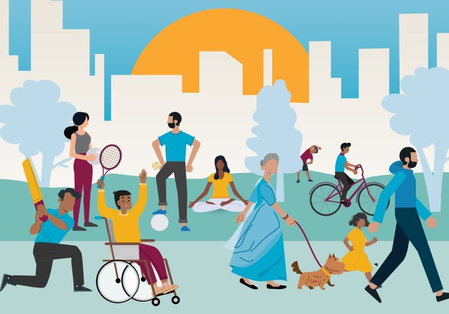New Delhi, 9 September (IANS). According to a report released on Tuesday, about 50 percent of Indians are planning healthy aging, while 71 percent of people are using tech ie technology to stay active for a long time.
The report of the Boston Consulting Group states that the world’s large population is getting old, but only 12 percent are people who are planning their lifestyle according to healthy aging.
The good thing is that India ranks first in the list of countries included in the survey. The report claims that people here have a long -lived desire and are taking some positive steps to stay healthy.
9,350 people from 19 countries were included in the survey. The survey-based report states that Indians who wish for longevity are especially ahead in adopting natural remedies, health trackers and AI -ported solutions.
BCG managing director and partner and India lead of marketing, sales and pricing practice (MSP), Parul Bajaj said, “The science of longevity is moving rapidly, but our research shows that only 12 percent of people worldwide are actively planning for health Among those, about 70 percent of consumers use wearable equipment, apps and technology-based equipment, and one in every four consumers are already connected to AI-operated health agents. “
Bajaj further said, “Digital-first mindset is inspiring India to move towards healthy aging, although challenges are not less. Longwity Paradox reminds us that longevity means not only aging, but those sloping age is purposeful, vibrant and independently to live-and the way India is adopting technology in the coming days in the coming days. The world will look at us as a test site. “
The report states that India topped 25 percent AI-managed health equipment.
The country is also included in the top three countries adopting the most adopted tools and trackers, with 32 percent.
Compared to the global average 55 percent, 71 percent of people in India admit to the use of at least one technology.
25 percent of respondents in India described some unhealthy options as healthy or very healthy, which is 5-7 percent more than the global average.
Indian consumers were also found to be less affected by privacy concerns, making them more open to digital–health connectivity. However, the strength and accessibility for the lower-or-class class are still important obstacles.
-IANS
KR/














